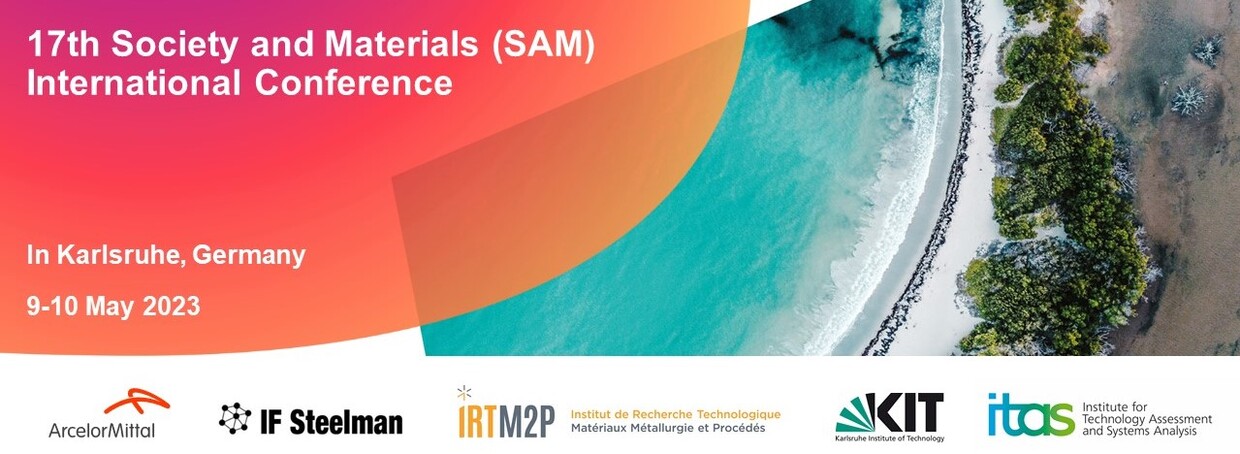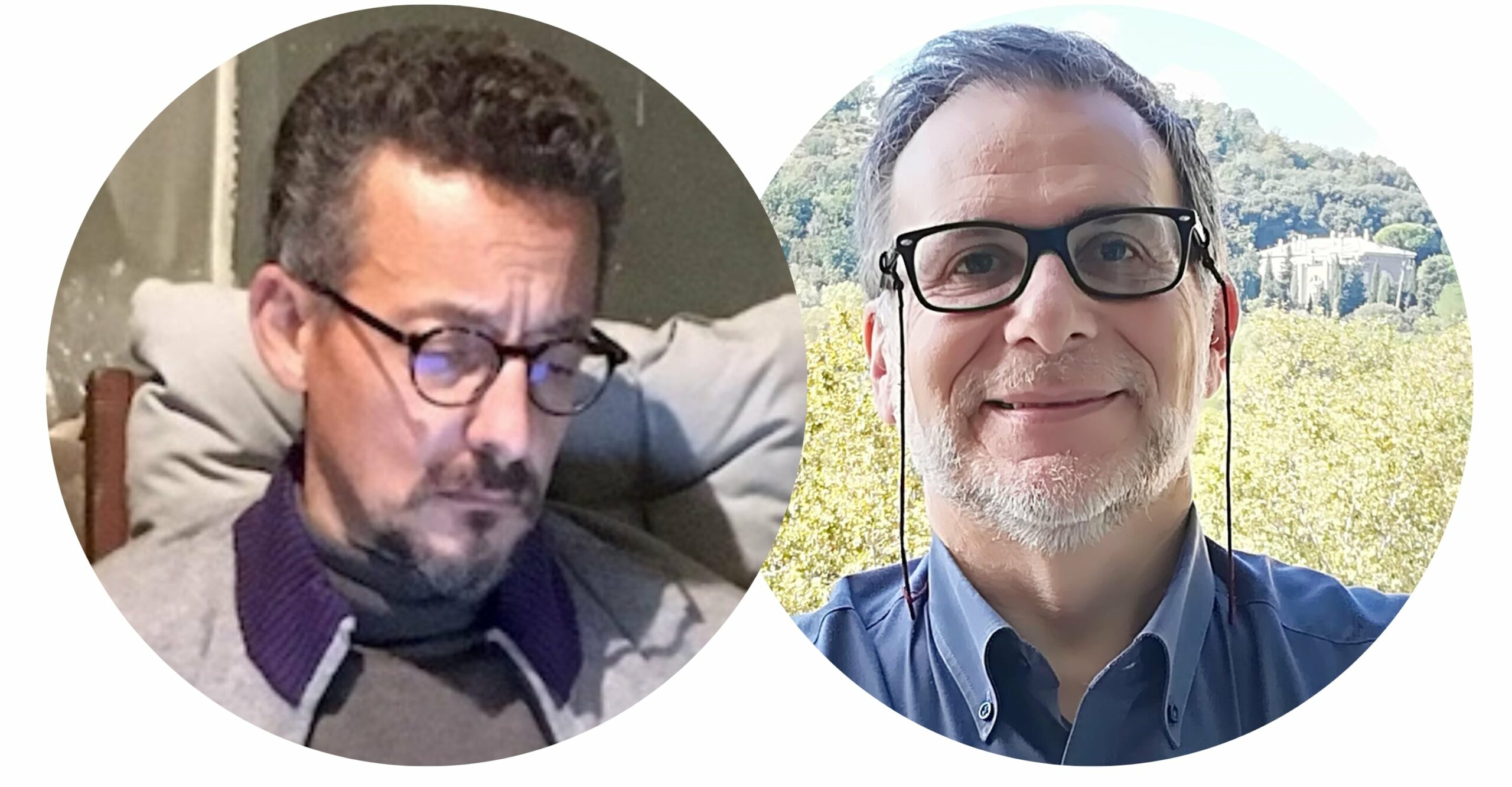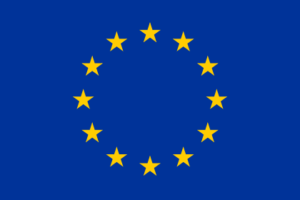(Written by Andrea Declich, University of Tor Vergata)
StepChange traveled to Karlsruhe in Germany, for the 17th SAM Conference, hosted on 9 and 10 of May 2023 by the Institute for Technology Assessment and Systems Analysis (ITAS) of the Karlsruhe Institute of Technology.
The SAM conference is an international forum where scientists and practitioners can discuss issues connecting materials and society from a range of perspectives, including social stakeholders and engineering scientists.

Participants this year, not only included those from Europe (Czech Republic, Germany, Italy, France, Spain, Belgium, Norway) but also from overseas (The Philippines, Iran, Bangladesh, Canada, and the USA), who covered a range of issues, including; Social-justice, post-colonial studies, microplastics, mineral extraction, literature theory, education, hydrogen electrolyzers, and mining.
Many theoretical and methodological issues were also discussed too, such as the connection between Life Cycle Assessment (LCA) and Materials Flow Analysis (MFA) with Social Science and Humanities (SSH). Issues that were present in almost every paper presented included the current impacts of these practices on Climate Change and the mitigation of greenhouse gas emissions.

In line with this overall interdisciplinary effort, Andrea Declich, of the University of Tor Vergata team presented a paper authored together with Luciano d’Andrea, of Knowledge & Innovation on “Is Citizen Science (CS) relevant for materials research?”. This addresses the conception that Citizen Science is not very diffuse in hard sciences.
The paper shared some of the experiences of the partners of the StepChange project and, particularly, from the Citizen Science Initiative (CSI) being implemented in Italy by UNITOV and K&I, and presented an analysis of the conditions for using CS in the research on materials. Particularly, the presentation was aimed at demonstrating that it is possible to go beyond the objective of the Italian CSI (i.e. Preparedness for epidemic events) and at presenting the conditions to adopt CS methodologies in materials research.
In this framework, the focus was on the possible contributions of CS to implementing LCA. For doing this, a comparison of the CS and LCA phases was proposed.
A huge thank you to the SAM conference team for all their great organizational work, and for inviting Step Change to participate.
Check out the full conference schedule here!
